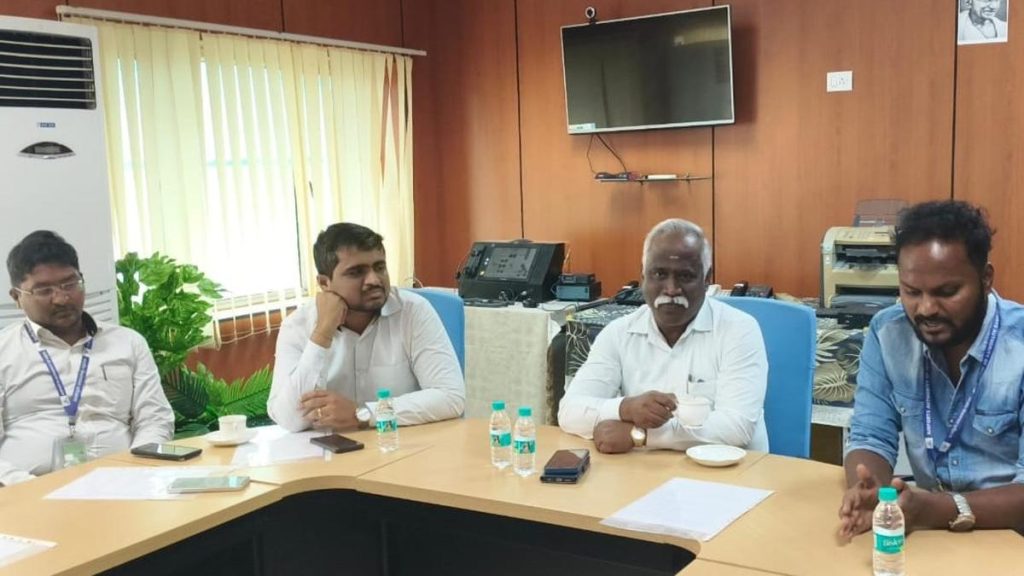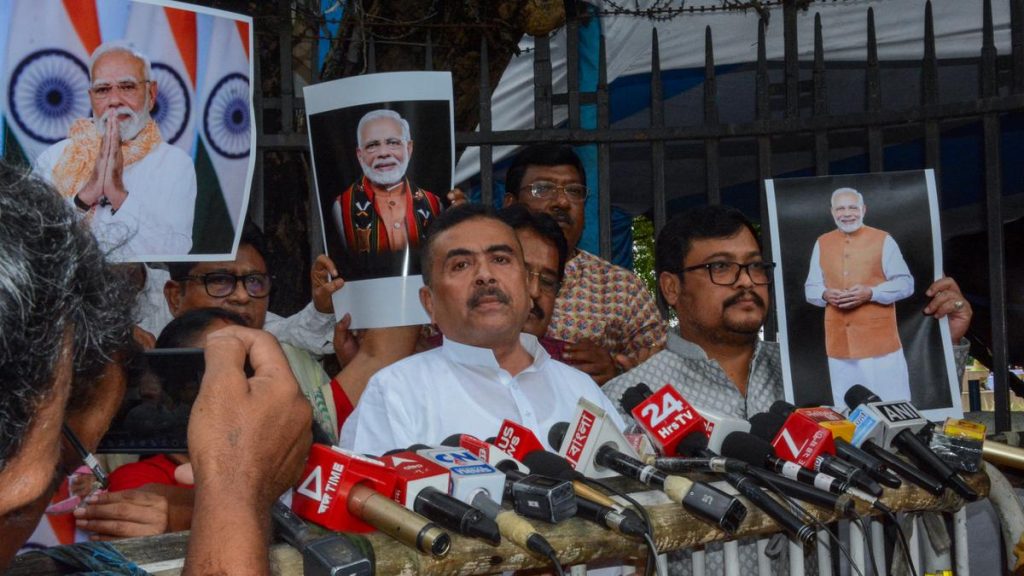Now Reading: Greenpeace India: MSC ELSA 3 Shipwreck Deepens Fishers’ Debt and Distress
-
01
Greenpeace India: MSC ELSA 3 Shipwreck Deepens Fishers’ Debt and Distress
Greenpeace India: MSC ELSA 3 Shipwreck Deepens Fishers’ Debt and Distress
Quick Summary
- The fishing community in Kerala, supported by Greenpeace volunteers, staged a protest demanding compensation from Mediterranean Shipping Company (MSC) for damages caused by the sunken vessel MSC Elsa 3.
- Greenpeace India’s report, “Wrecked Futures: The Hidden Socio-Economic Burden of the MSC Elsa 3 Disaster,” highlights severe economic and social distress in Pulluvila village due to the shipwreck.
- key findings include:
– Average monthly income loss per household: ₹25,000-₹35,000.
– Over 80% of families had no savings prior to the incident.
– Damage to boats and nets has led to a debt crisis; repair costs surpass ₹1 lakh for some families. Nets alone cost ₹25,000 each.- Plastic nurdles from the wreckage have disrupted fish colonies and increased operational costs due to longer travel routes.- Women fish vendors reported losing daily earnings of around ₹3,000 due to consumer concerns over contamination.
- Court proceedings regarding compensation are ongoing but may not align with actual losses as highlighted by Greenpeace India’s climate campaigner Amruta S.N., who criticized loopholes potentially favoring MSC.
- The report calls for urgent interim relief including debt waivers, subsidies for repairs, and assistance for children’s education.
Indian Opinion Analysis
The sinking of MSC Elsa 3 off Kerala’s coast highlights pressing challenges tied to environmental justice and corporate accountability in maritime industries. Impacts on coastal livelihoods extend beyond monetary loss; they underscore vulnerabilities inherent to communities reliant on natural resources. Immediate relief measures like financial support for rebuilding damaged nets and boats could mitigate short-term hardship while court deliberations progress.
As most households lack savings reserves or insurance mechanisms for disasters like these,broader policies addressing maritime accidents need reinforcement-potentially incorporating obligations on companies like MSC regarding ecological restoration or socio-economic reparations upfront. Failure to ensure adequate compensation risks further entrenching debt cycles in affected regions while undermining trust in legal systems managing such disputes.
Efforts following this case could set critically important precedents not only for Kerala’s coastal ecosystem but also nationally concerning corporate clarity during crises.Long-term solutions must balance commercial operations with protections ensuring resilience against unforeseen disasters that disproportionately affect vulnerable communities reliant on fragile resources.






















